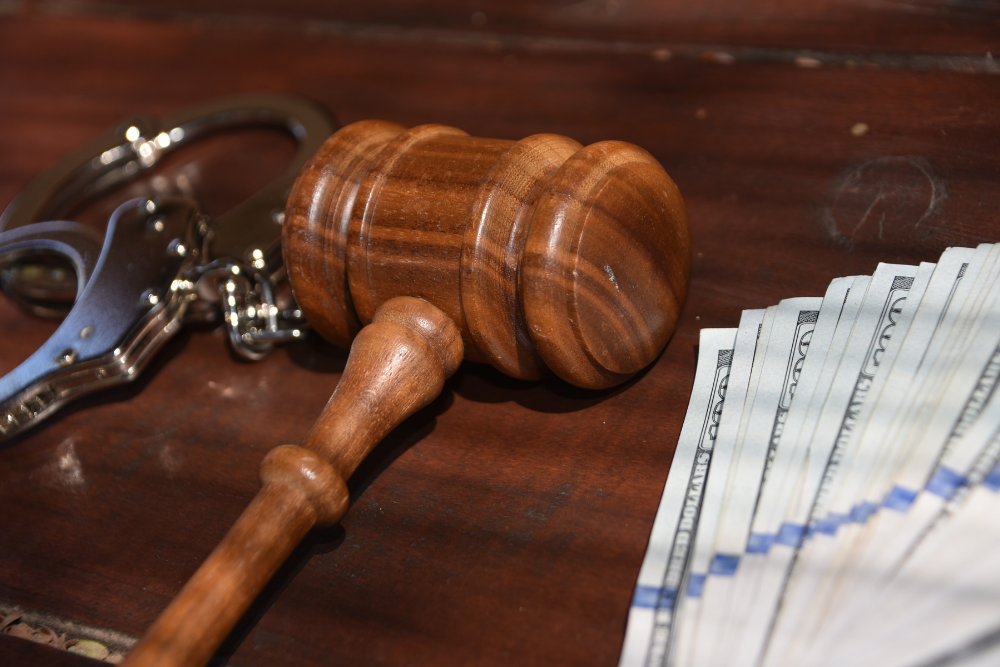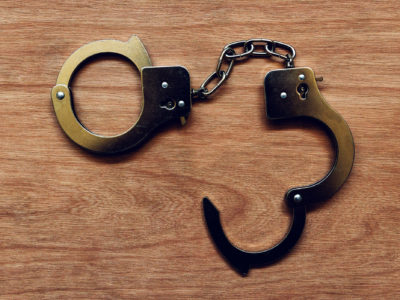
How Do Bail Hearings Work?
The concept of ‘bail’ echoes our legal system’s premise that everyone is innocent until proven guilty. That is to say, no punishment can be given until a crime has been proven. The idea is to keep someone out of jail while awaiting their trial, as being confined in a cell for months can be construed as a form of punishment.
Preliminary Arraignment
Bail hearings are often referred to as ‘preliminary arraignments’, which occur after charges are made and before the trial is held. They’re overseen by one of six magistrates who have been appointed by the president judge of Municipal Court. While a public defender and a representative from the District Attorney’s Office are present during the preliminary arraignments, the defendant is not. Rather they are videoconferenced in through one of the eight booking centers in the city, which is intended to expedite the process and prevent overcrowding as the Police Detention Unit.
Bail is guaranteed to the defendant by both the 8th Amendment of the United States Constitution and Article I, Section 14 of the Pennsylvania Constitution. The only exceptions to eligibility for bail are charges of a capital offense or those facing a life sentence.
Setting Bail
The outcome of a preliminary arraignment will have a significant impact on the outcome of the case. If someone is unable to afford bail they will still be held in jail before their trial, regardless of whether or not they’re innocent or guilty. As a result, there are many important factors that both the defense and the prosecution must examine in-depth. This includes things such as the nature of the offense, the defendant’s employment history, and financial status, how long the defendant has lived in the community, and the defendant’s prior criminal record (if any). The defendant must have a criminal defense lawyer representing them.
However, the defendant does not meet with the attorney before the bail hearing. They’re able to speak to a bail advocate if they were processed at the Police Department Headquarters during business https://www.philadelphiacriminallaw.com/practice/white-collar-crimes/hours. However, a bail advocate is not an attorney and has limited availability.
Types of Bail
Bail is determined by the magistrate weighing whatever information is presented during the preliminary arraignment against a specific set of criteria. Bail is either secured or an unsecured bond; the former means a cash amount, whereas the latter means you promise to show up in court on the date of your trial. There are three types of unsecured bonds- own recognizance, meaning you sign a document promising you will be present; signature bond wherein you offer property as collateral; or personal recognizance where you sign a document as well as agree to attend therapy (depending on the nature of the offense). Whether bail is secured or an unsecured bond is determined by things such as the defendant’s financial resources, the chances that they will flee (known as a ‘flight risk’), and if they are a threat to the community.
As of the beginning of 2018, cash bail is no longer used in certain instances of nonviolent offenses.
The Best Defense
Since you can’t meet with your attorney before a bail hearing you must hire one that you can trust. If you need a criminal defense attorney, contact Brennan Law Offices today. As one of the top law firms in the area, we will fight tirelessly to ensure you receive a bail that is reasonable and affordable.




